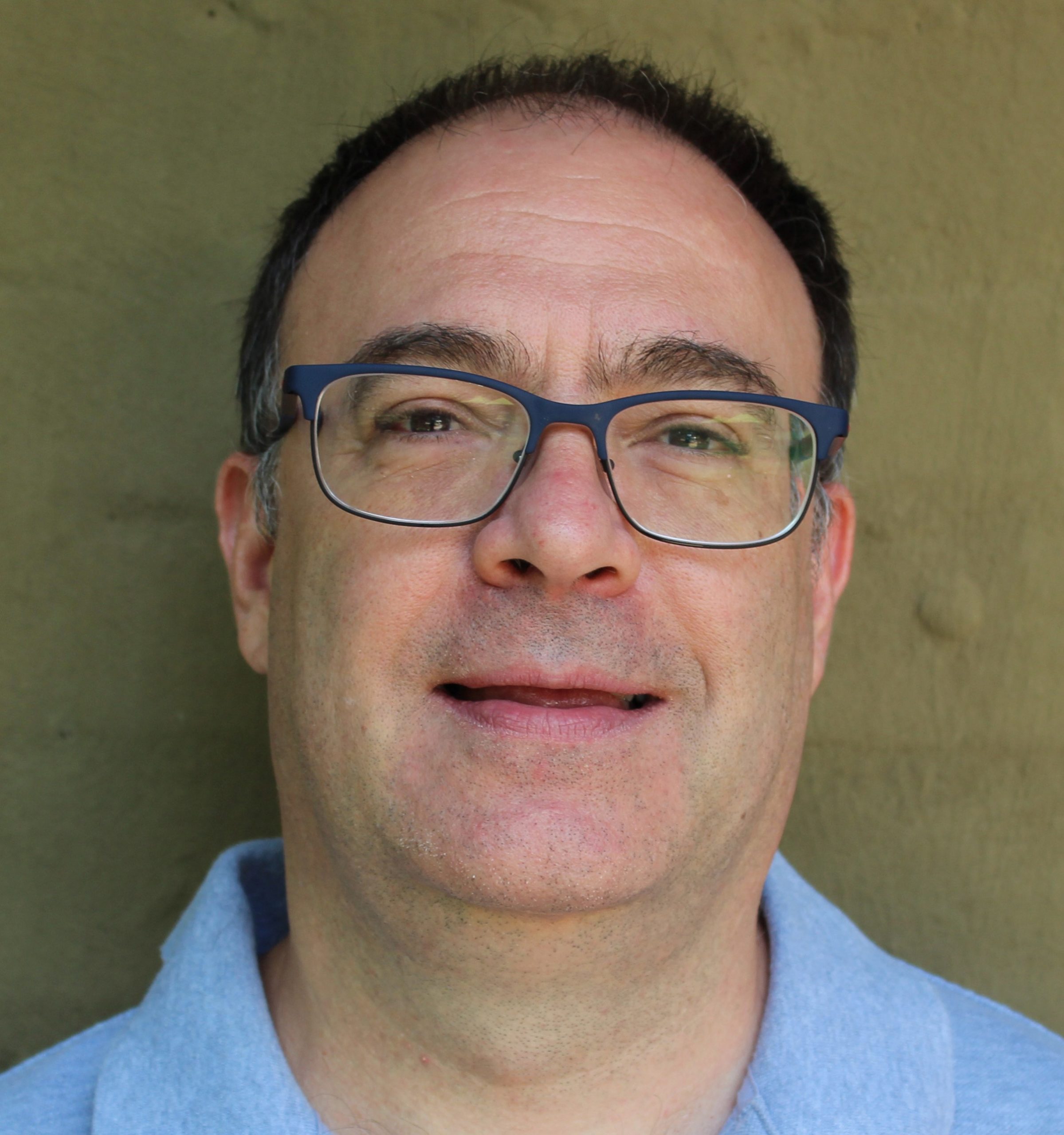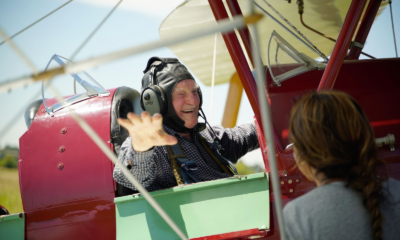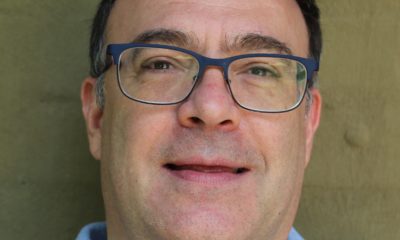
OpEds

Pretoria’s Putin headache
South Africa faces a political headache in August, when the country will host the summit of the BRICS – the club comprised of Brazil, Russia, India, China, and South Africa – in Durban. As things stand, if Russian President Vladimir Putin attends, South Africa would be legally obliged to arrest him and hand him over to the International Criminal Court (ICC) on charges that amount to child trafficking from Ukraine. Pretoria has been down this road before. In 2015, it defied the ICC and its own courts by not nabbing Sudan’s then president, Omar al-Bashir, on South African soil. So, what might it do this time?
On 17 March, the ICC issued an arrest warrant for Putin and Russia’s commissioner for children’s rights, Maria Alekseyevna Lvova-Belova, for alleged war crimes in Ukraine since February 2022 involving the illegal deportation of children from Ukraine to Russia. Critics charge that this indictment is an inherently political move that may do more harm than good. It has little chance of being enforced, although it may curtail Putin’s travel plans. It’s mainly of symbolic value, a rejection of Russian atrocities committed in Ukraine.
The ICC has long been accused of bias (mainly against Africa), blindness to Western crimes, and politicisation. The United Nations Security Council can refer cases to the ICC, even if some of its members – including China, Russia and the United States – aren’t themselves ICC state parties. Neither is Ukraine, which makes the current charges a little unusual.
South Africa was one of the original signatories that established the ICC under the Rome Statute in 1998. The court issued arrest warrants in 2009 and 2010 for Al-Bashir for alleged war crimes, genocide, and crimes against humanity committed in Darfur. Judge Richard Goldstone argued in the Daily Maverick that former South African President Jacob Zuma “unlawfully embarrassed” the country by inviting Al-Bashir to attend the African Union Summit in Sandton in 2015. Goldstone said “South Africa was in clear contravention of its international-law obligations” by inviting and then not arresting Al-Bashir, and sneaking him out of the country from a military base in defiance of a court order.
Pretoria faced withering criticism, and the African National Congress (ANC) threatened to withdraw from the ICC. It reversed this decision in 2002. South Africa remains an ICC signatory and is thus bound by its procedures, international law, and South African law.
Goldstone said that “under no circumstances” should South Africa invite Putin to attend the BRICS summit in the first place. If he did come, under international and South African law, Pretoria would be obliged to arrest Putin.
South African minister of international relations and cooperation, Dr Naledi Pandor, confirmed that Putin had already been invited to the 15th BRICS summit on 24 August. She railed against the double standards of the ICC for not charging Western leaders. The leader of the Economic Freedom Fighters, Julius Malema, said, “If need be, we will go and fetch [Putin] from the airport to his meeting, he will address, finish all his meetings, we will take him back to the airport. We are not going to be told by these hypocrites of the ICC who know the real violators of human rights, who know the murders of this world.”
According to reports, the South African government is seeking legal advice and “engaging with stakeholders”. As I see it, it has several options. First, it could hold an online summit, obviating the need for any heads of state to travel to the country. This may be seen as Pretoria buckling to Western pressure, and is therefore unlikely. Putin could spare South Africa’s blushes by staying away, but that’s not his style. He doesn’t care about South Africa’s dilemma. Second, South Africa could give up the right to hold the summit and shift it to one of the other BRICS (or another state), and make it their problem. It’s dubious to think South Africa would easily surrender the prestige of hosting the summit that comes around every five years. Third, it could seek exemption from prosecution from the ICC for sitting heads of state – an argument it advanced in the case of Al-Bashir. Fourth, it could brazenly defy the ICC and South African law and allow Putin to come and go unencumbered. This would fuel criticism of South Africa as a state with scant respect for the rule of law, where a culture of impunity is pervasive. Fifth, it could arrest Putin and hand him over to the ICC – an extremely unlikely outcome. Sixth, South Africa could revive the ANC’s bid to withdraw from the ICC, although it would still be obligated to nab Putin as it was still a member when the warrant of arrest was issued.
Civil society groups are expected to mount legal challenges if Putin is invited to South Africa. The issue is sure to detract from South Africa’s hosting of the BRICS, and overshadow other issues. Asking for consistency and morality in South Africa’s foreign policy seems like a stretch too far. Pretoria seems ready to protect the Russian president, come what may, further damaging its claims to uphold human rights.
- Steven Gruzd is a political analyst at the South African Institute of International Affairs in Johannesburg. He writes in his personal capacity.










